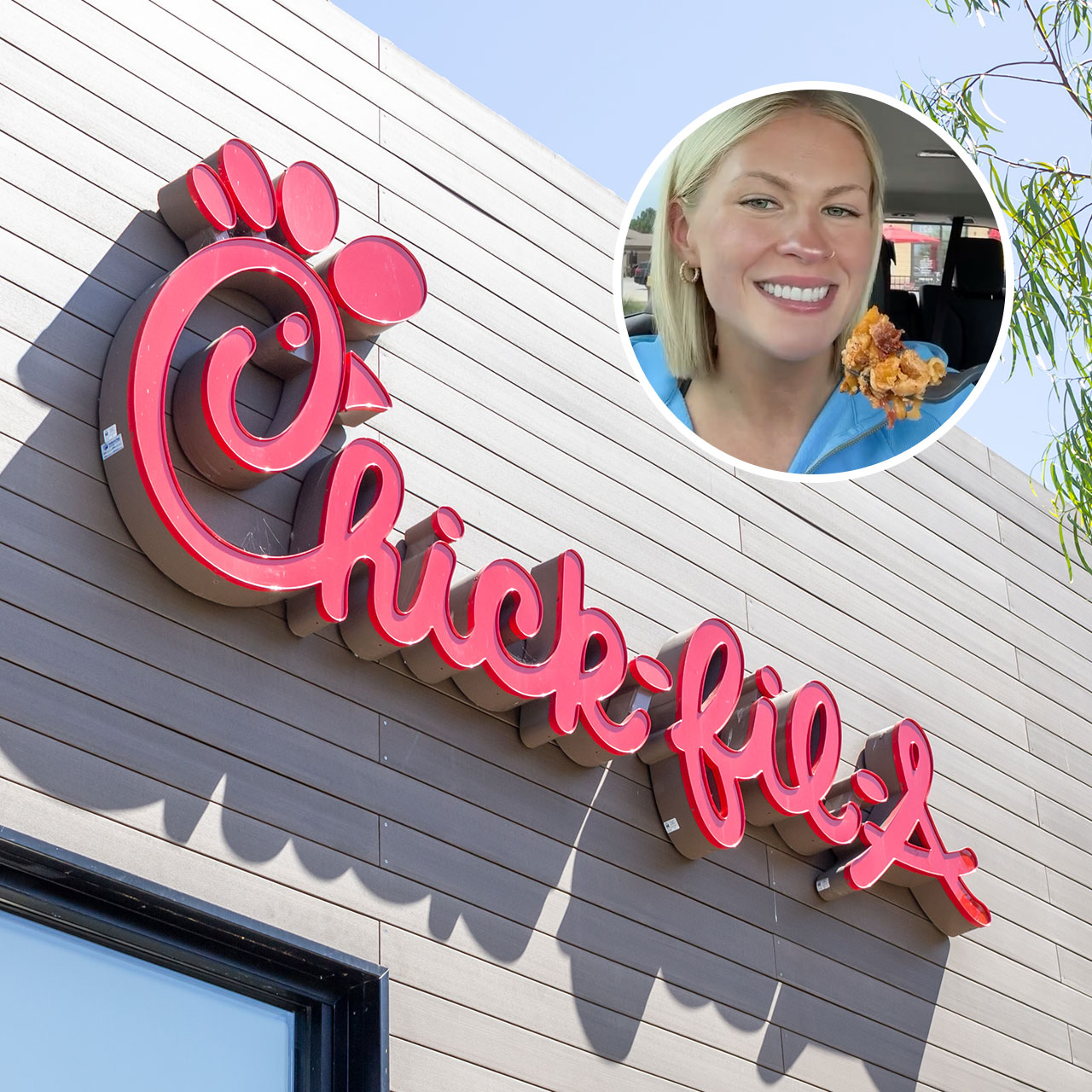There’s no denying that vegetables are a crucial part of a well-balanced diet. In fact, they’re often considered to be some of the healthiest foods out there. However, that doesn’t mean that all vegetables come without health risks. In fact, there are several vegetables that could be detrimental to your digestive system. That includes many that are likely to lead to or worsen issues like gas and bloating. There’s one category in particular that experts agree you’re better off avoiding this winter if you struggle with these problems: cruciferous veggies.
To learn more about how cruciferous vegetables could cause gut complications, we spoke to dietitian Amy Shapiro, MS, RD. She broke down a few of the possible downsides of these tasty but gas-causing foods. Find all of her expert insight on the matter below.


Cruciferous vegetables and bloating
Cruciferous vegetables like brussels sprouts, kale, cabbage, cauliflower, and broccoli certainly come with great health benefits. As Shapiro points out, they are all "super cancer fighters and high in fiber." However, if you struggle with chronic bloating, you may want to consider cutting these culprits out. According to her, "they are notorious for causing gas and bloating, especially when consumed raw." Say it ain't so!

Here's why: Shapiro explains that there's one particular ingredient in these vegetables that's mostly to blame. "They contain the sugar molecule called raffinose which can be difficult for many to digest along with high levels of fermentable fibers which feed you gut microbiome but can leave you feeling gassy," she says.

However, there is one possible solution. "Cooking often helps," Shapiro assures us. She also notes that "chewing well or taking digestive enzymes" could be beneficial.
If you really don't want to risk the potential digestive discomfort, though, there are several swaps you could make. "Healthy swaps for cruciferous veggies are leafy greens, root vegetables like beets, carrots, parsnips and turnips, radishes, cucumbers, tomatoes and more," Shapiro lists. Yum!

In addition to limiting your intake of potentially detrimental foods like these, adding the right fiber-rich foods to your diet and practicing other gut-healthy habits can make a major difference in your digestive health. One of the most important things you can do is pay attention to how your body reacts to certain foods and make adjustments accordingly. And when in doubt, speak to your doctor. If you follow these steps, you should be on your way to a healthier gut and less bloating in no time!
READ MORE: How To Improve Gut Health Naturally: 12 Tips To Consider


























